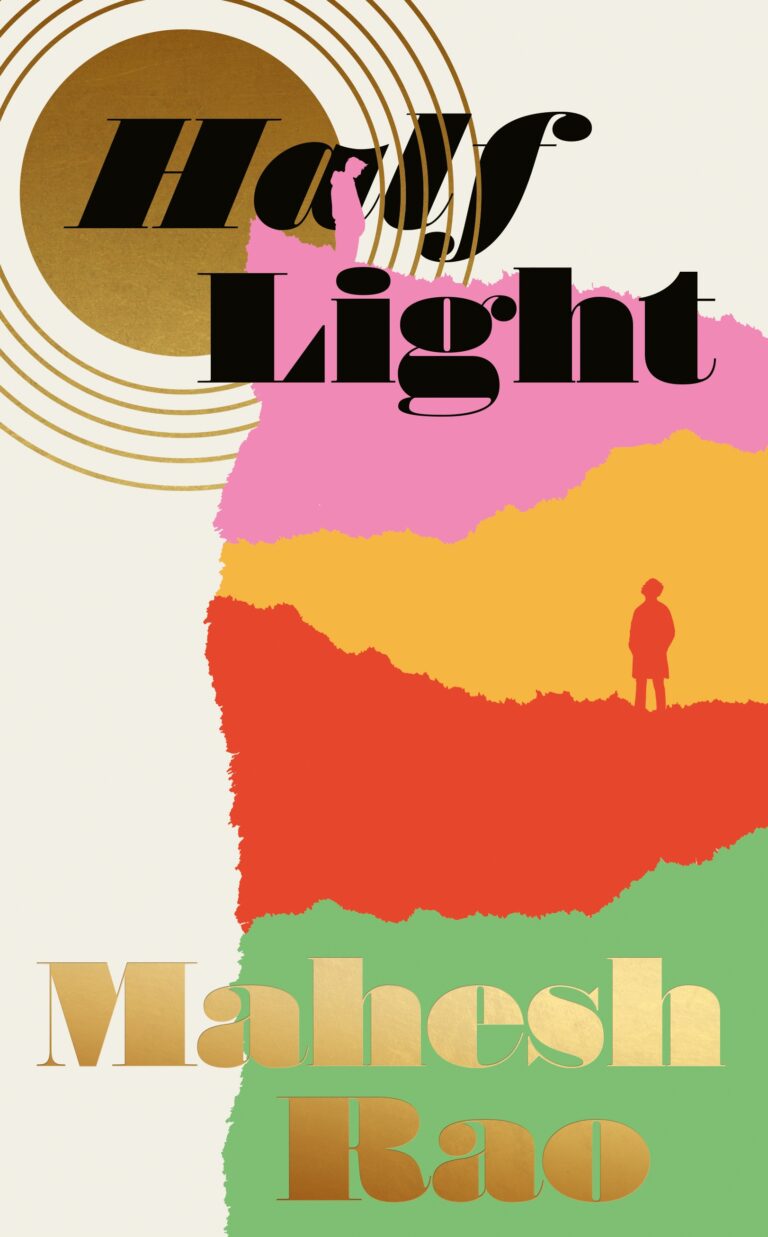Although Half Light takes place on the cusp of India’s 2018 decriminalisation of homosexuality, Mahesh Rao uses this historic transition not as a centrepiece but as a lens to investigate the quieter dramas and private reckonings of those in the shadows of moments of social transformation.
The novel opens with a landslide in Darjeeling that leaves the residents of a dingy hotel stranded and sparks a secret affair between Pavan, a closeted hotel employee, and Neville, a sexually adventurous guest. A violent homophobic attack cuts their liaison short, but their paths cross again four years later in Mumbai, where Neville is determined to rekindle things with a resistant Pavan.
Half Light is a quiet novel. Little happens by way of plot, but the relationship between Pavan and Neville—which is not a love story, and defies easy categorisation—is both fascinating and frustrating. Their evolving dynamic is shaped by a shifting balance of power. The younger but middle-class and sexually experienced Neville initially adopts the role of romantic pursuer to the working-class, inexperienced Pavan. But the shock of the attack causes a role reversal: Neville regresses, while Pavan, his worst fear having come to pass, becomes the protector. When they reunite in Mumbai, each holds the power to destroy the other’s cover.
The chapters alternate between their points of view, with a tightly focused use of third person narration creating an intimate sense of proximity to their rich inner lives. Pavan, “a figure only half in the light”, is highly attuned to both the desolate but serene natural beauty of Darjeeling and the frenetic thrum and more subdued beauty found in Mumbai. Neville, who “had no use for nature just as nature had no use for him”, is more observant of people and their absurdities, becoming a conduit for Rao’s gently satirical social commentary on the Indian middle-class. Their point-of-view chapters often overlap, revisiting the same events from different perspectives, and the observations they make about each other are both tender and cruel.
Through their perspectives, Rao explores two parallel but contrasting experiences of being gay in India under Section 377, which criminalised homosexuality. Neville confidently negotiates the shadowy world of dating apps and clandestine one-night-stands, revelling in the thrill of secrecy: “He felt flushed with the reliable power of his private life, which could shut them out so effectively.” Pavan lives in constant fear of exposure and meticulously self-censors, even pretending to masturbate after watching a heterosexual erotic film with his colleagues. Pavan’s narration is steeped in dread and paranoia; each interaction becomes a double-edged sword.
The overturning of Section 377 occurs in the margins of their story, almost as an afterthought. Pavan is sceptical of its impact on his life; even with the change in law, “he would not have felt free.” On the day of the ruling, for Neville, “its significance slipped from his mind.” But Pavan experiences a subtle turning point:
For those few seconds anything seemed permissible. He had an intense desire to speak to someone. Was there anyone? He pulled out his phone. There was no one to call. But the feeling still had not dissipated. Life flooded over him.
Rao’s prose is subtly evocative, charged with sensory precision. Economically, it captures the breadth of Pavan’s conflicting emotions, evoking the blend of joy and loneliness without fully unpacking them, because Pavan himself cannot understand his own reaction. He buys a cake for his own private celebration. The moment is poignant but restrained, reflective of the novel’s tone as a whole.
Rao’s landscapes often mirror the emotional states of his characters. The recurring use of hotels—liminal spaces governed by transience and ritual—as settings is the ideal stage for chance encounters made possible by claustrophobic proximity. The surrealism in the aftermath of the landslide creates “an air of unreality at the hotel” and “the overwrought feeling that normal life might ever resume”, reflecting Pavan’s own “touch of derangement” as he succumbs to the temptation of starting an affair with Neville despite his fear of having his sexuality exposed. In Mumbai, he finds solace in the structure and camouflage of hotel work, which creates “an exhaustive script for his performance. His new tailored uniform was both costume and armour.” Rao’s prose excels in uncovering the magic in these mundane spaces. During an awkward confrontation at Neville’s flat, the tension animates even the inanimate:
There was an air of such extreme constraint in the room that it felt as though objects would come to life to relieve it, the carriage clock edging towards the end of the shelf, the curtain rings shaking to provide a distraction.
Half Light offers an intimate study of the subtleties of human nature through the delicate tension between Pavan and Neville and through prose that shines when it explores domestic, ordinary spaces, seeking out the inherent drama found in the half-light of private lives.

